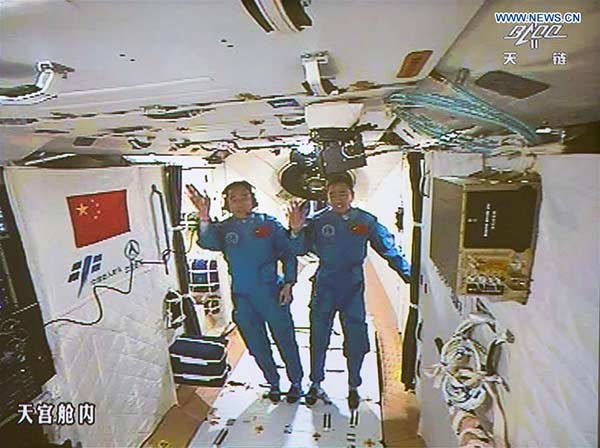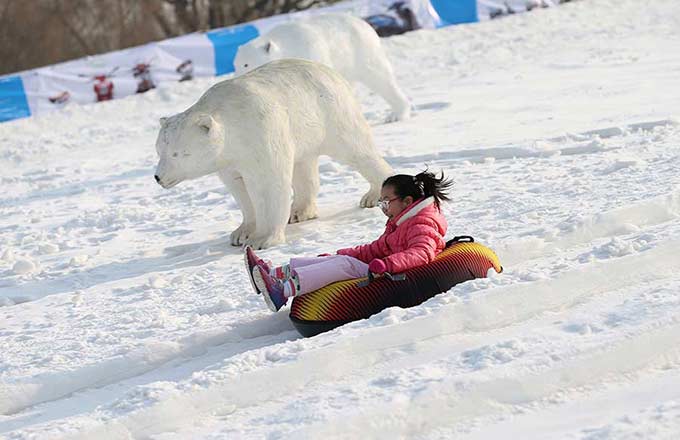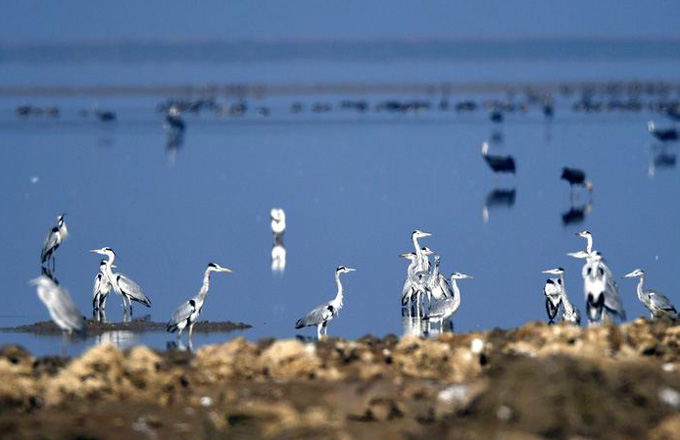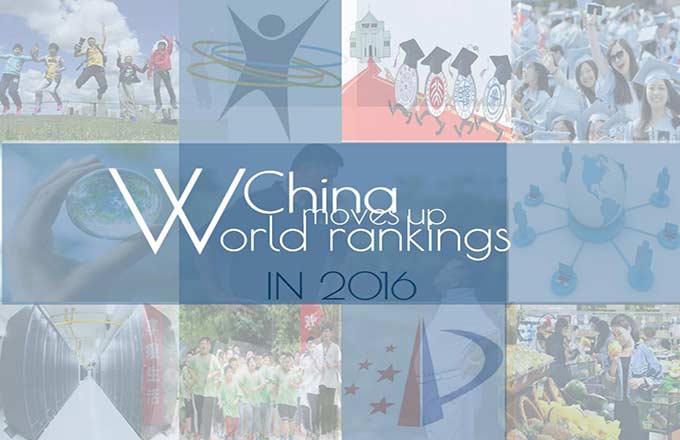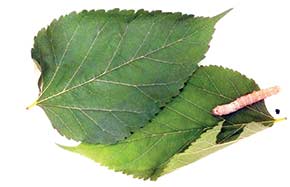'Nature' journal appreciates China's achievements in science
British scientific journal 'Nature' has noted China's achievements in aerospace, genetic engineering, and climate change in a report released on Friday regarding science events that shaped the year 2016, reports Xinhua News Agency.
The journal lists a series of achievements China made in the aerospace sector while the US, Europe, and Japan suffered errors and failures in several space missions.
China launched the world's first quantum satellite in August and powerful new heavy-lift rocket Long March 5 in November. Its Five-hundred-meter Aperture Spherical radio Telescope (FAST), the world's largest radio telescope, was put into use in September.
It also highlights the two Chinese astronauts who spent one month aboard the Tiangong II space laboratory, in China's longest manned mission in October and November.
In genetic engineering, a patient with lung cancer at a hospital in China became the first person in the world to be treated with cells edited using CRISPR-Cas9, reports the journal, saying more application of the genome-editing tool is expected in the US and China next year.
In addition, research teams in China, as well as the UK and Sweden, have announced their intentions to use the CRISPR-Cas9 technology to optimize the use of embryos and to study human development, says the report.
The journal also recognizes the positive role of China in the implementation of the Paris Agreement. China signed the international climate agreement on Earth Day, April 22nd, 2016, and its top legislature ratified the agreement in September. The agreement, forged in Paris in December 2015 by representatives from 195 countries, came into force last month.
Other science events that shaped the year, as listed by Nature, include the announcement in February that researchers had detected gravitational waves, the outbreak of Zika virus and the following research, the artificial intelligence AlphaGo beating world-class human player Lee Sedol at the ancient game of Go, the development of assisted-reproduction techniques that mix DNA from three people, as well as the influence of politics and economic events on science.


